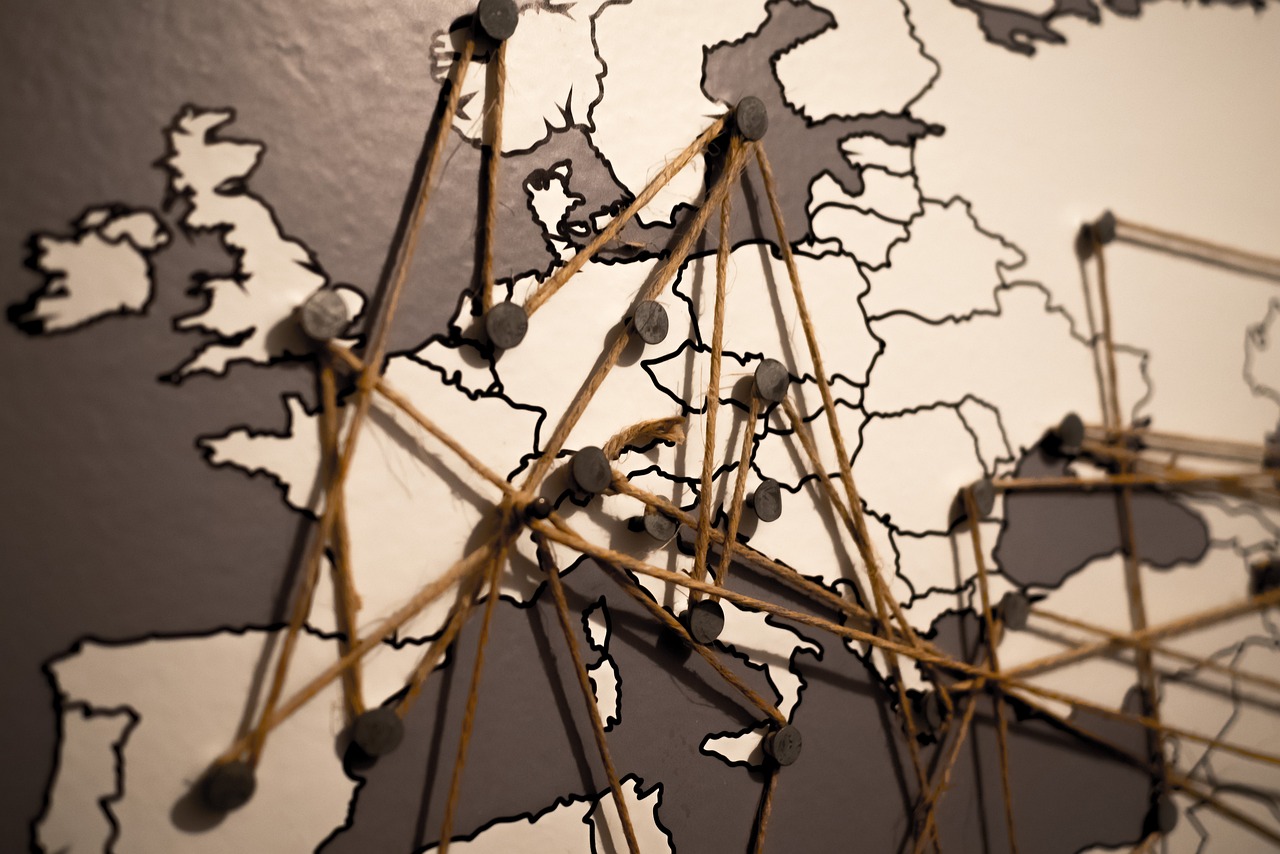European R&I partnerships (transnational funding)
The European R&I Partnerships offer attractive funding opportunities for collaborative projects, some of which are organised according to different participation rules than Horizon Europe. As a rule, they are concluded when the objectives of Horizon Europe can be achieved more effectively than through other measures of the Framework Programme. Their activities are intended to complement other regional, national and European initiatives. Approximately 25% of the total Horizon Europe budget is earmarked for partnerships.
So far, 49 partnership proposals have been published in Horizon Europe for the period 2021-2024, with 10 more planned for the period 2025-2027. You can find out more about the existing partnerships, the candidates and their respective contact details here.
Most of the partnerships have emerged from predecessor initiatives and can therefore be categorised under the three different partnership types in Horizon Europe: Co-programmed, Co-funded and Institutionalised European Partnerships.
Here you can find more information on the different types of partnerships and the different call conditions of each partnership type.
Further information on European R&I partnerships (transnational funding)
Service of the Research Unit
Our service for your application includes
- Research into suitable funding opportunities for your project
- Advice on the suitability of the project for the selected funding line
- Feedback on the structure and persuasiveness of your proposal from a non-specialist perspective
- Feedback with regard to suitability and consistency with the requirements of the funding body
- Advice on financial planning
- Advice on cross-cutting issues
